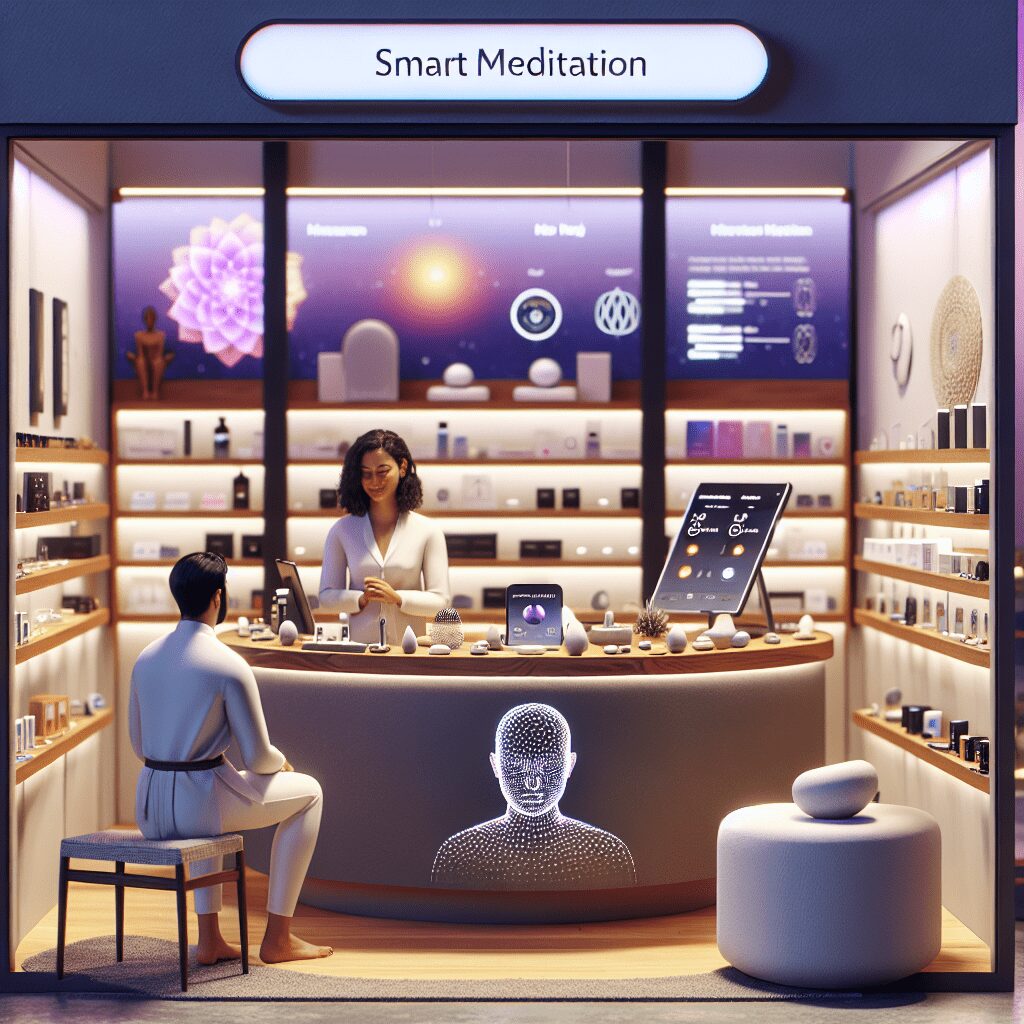
Prioritize your mental well-being daily. Enhance your life by nurturing your mental health with the Smart Meditation app. Break free from stress, alleviate anxiety, and enhance your sleep quality starting today.
Does Marijuana Interfere With Antidepressants?
Navigating the Cloudy Interactions: Marijuana and Antidepressants
In the ever-evolving landscape of mental health treatment, the quest for relief brings many to question the synergy or clash between modern medicine and natural remedies. A particularly hot topic? Whether lighting up a joint might throw a wrench in the workings of antidepressants. So, let’s cut through the smoke and see what the facts and fables reveal about combining marijuana with antidepressants.
The Science Behind the Smoke
Understanding the potentially complex interaction between marijuana and antidepressants starts with a peek into the labyrinth of neurochemistry. Antidepressants, broadly speaking, aim to balance brain chemicals — serotonin, norepinephrine, and dopamine — to boost mood and alleviate depression. Marijuana, on the other hand, tickles the brain’s endocannabinoid system, influencing mood, perception, and pain.
So, what happens when these two forces collide? Well, it’s not exactly a straightforward tale.
-
The Serotonin Conundrum: Selective Serotonin Reuptake Inhibitors (SSRIs), a common class of antidepressants, work by increasing serotonin levels in the brain. THC, the psychoactive component in marijuana, can also influence serotonin pathways. The combo could either amplify the SSRIs’ effects (potentially leading to serotonin syndrome, a risky business) or blunt them, making the antidepressants less effective. The devil is truly in the details (or doses, in this case).
-
A Downer for the Downers: Mixing marijuana with sedative antidepressants (hello, tricyclics and MAOIs) might seem like doubling down on relaxation. But it’s more akin to playing with fire. This duo can lead to increased sedation, drowsiness, and, in some cases, impair cognition and coordination more than either would solo. Basically, not a match made in heaven.
-
The Anxiety Angle: For those battling anxiety alongside depression, it’s a knotty situation. Some find marijuana’s CBD component a godsend for anxiety, but THC can trigger or worsen anxiety and paranoia, especially in higher doses. When this tangled web intersects with antidepressants designed to quell anxiety, predicting the outcome becomes as easy as nailing jelly to a wall.
Beyond the Brain Chemistry
It’s not just the biochemical tango that’s at play here; practical considerations and legalities also enter the fray.
-
Doctor-Patient Transparency: Honesty truly is the best policy. Open communication with healthcare providers about all substance use — herb included — is crucial for tailored treatment and harm reduction.
-
A Legal Labyrinth: With the legal status of marijuana being a patchwork quilt across jurisdictions, the implications for those seeking relief in a leaf or pill can be dizzying. Navigating these waters requires keeping abreast of local laws to avoid unwelcome surprises.
TL;DR? Here’s the Scoop:
Merging the paths of marijuana and antidepressants into a harmonious journey is fraught with potential pitfalls and peculiarities. It’s no simple “yes or no” query; rather, it’s a nuanced “it depends” situation, hinging on individual biochemistry, the specific medications and strains involved, and a host of other stars that need to align.
Before considering adding marijuana to your mental health management mix, have a heart-to-heart with your healthcare provider. A personalized approach, considering all variables and veering on the side of caution, is the key to navigating this misty landscape safely. Remember, when it comes to mental health and substance use, there’s no one-size-fits-all answer — just paths to explore with care, curiosity, and caution.




